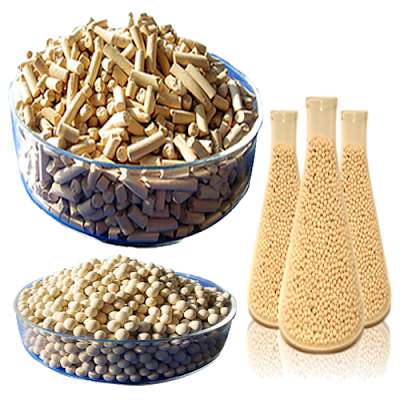Molecular sieves are used to remove water formed in chemical reactions, the water being capable of modifying the equilibrium of the said reaction. In the pharmaceuticals and fine chemicals industry, molecular sieves are typically used in the synthesis reaction of molecules. This is done to improve the yields and the quality of the final product.
A constantly-growing patient population needs an oxygen-rich air supply close at hand. Whether static or portable, these oxygen concentrating devices operate by passing ambient air through a molecular sieves column. The distinctive properties of the column then separate oxygen from nitrogen in the ambient air and release a flow of up to 94% pure oxygen.
For this application, Sorbead India has supplied the various Grades of Molecular Sieve (Molecular Sieve 3A, Molecular Sieve 5A, molecular
2.Reliable &recognized: We are relied upon every day for molecular sieves by major OEM’s.
4. 3.Technical expertise from product to application: our dedicated sales & marketing team is ready to assist with your all technical issues.
4. Innovation capabilities: if you have new ideas let’s discuss, our sales & marketing staff might be able to support in developing the right sieve for your new idea
Focus on some technical concepts while purchasing molecular Sieves for Medical Applications.
The separation of the various gases from ambient air is accomplished by a porous material known as a synthetic zeolite, which is also known as "molecular sieve". A combination of silica and aluminum organized into a crystalline network, zeolites selectively trap nitrogen molecules in their nanometre-scale cavities, while letting oxygen and other molecules through.
The working standard is the same for medical as with industrial oxygen systems where the air is passed through a set of columns to produce oxygen at 93-95% of purity.
The major difference for medical applications is that the feed flow rate of air being treated is significantly lower and the adsorption cycle time (time for adsorption before switching to desorption) is somewhat shorter than with many industrial systems.


No comments:
Post a Comment